
During a recent webinar, journalists and scholars from northern Central America describe the threats and violence they face at home. For some, it’s led to exile, but not to giving up.
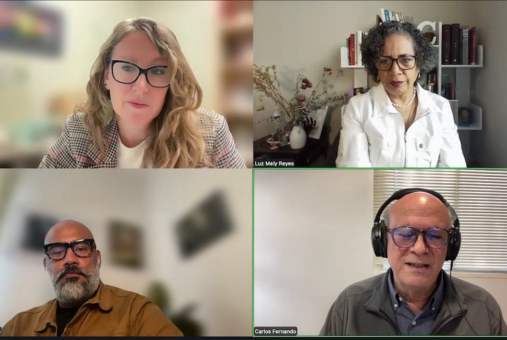
The founders of Revista Factum, Efecto Cocuyo and Confidencial continue to document their governments’ repression. In a Knight Center panel, they explain why continuing their work from abroad is essential.
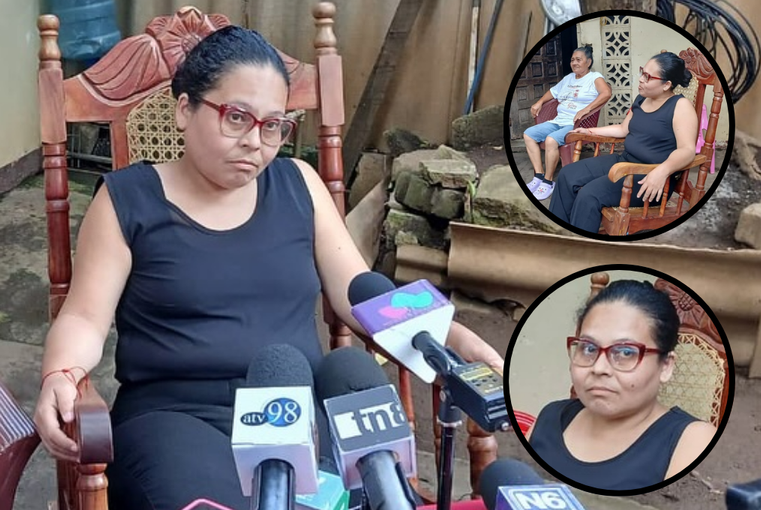
Fabiola Tercero appeared before pro-government media saying she’d never left home. Press groups fear it’s a staged “proof of life” meant to deflect attention from the Ortega-Murillo regime’s abuses.
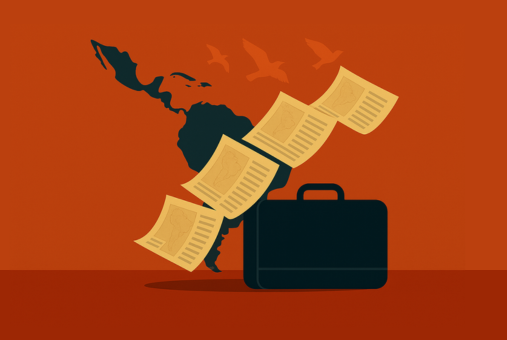
As repression and job insecurity drives reporters from their countries, founders of three independent outlets will discuss practicing journalism in exile during a free online event.
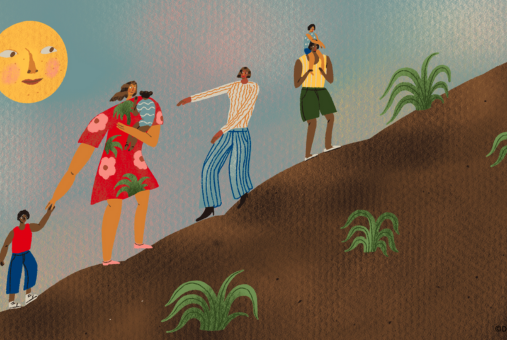
A new report finds online harassment, disproportionate caregiving burdens, and workplace bias are pushing exiled women journalists from Central America to altogether leave the profession.
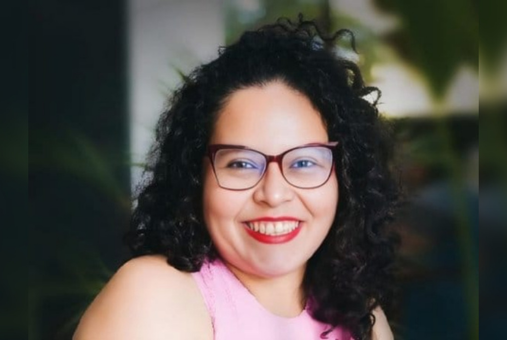
Human rights groups say the Ortega-Murillo regime’s silence on Tercero’s disappearance amounts to torture and are urging greater international pressure to determine her whereabouts.
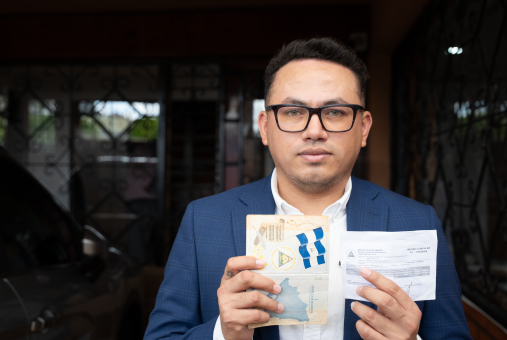
A group of seven Nicaraguan journalists exiled in Costa Rica have been unable to renew their identification documents and consider themselves "de facto stateless." They hope to obtain Spanish citizenship, just like their other colleagues banished from home.
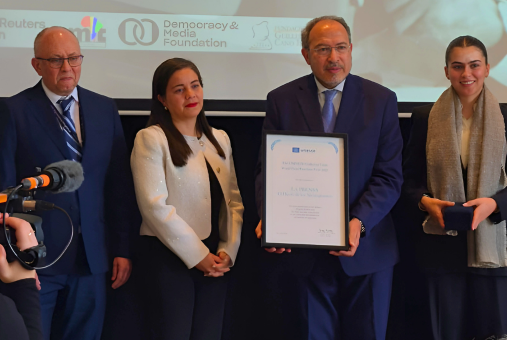
The Ortega-Murillo regime withdrew from UNESCO after it awarded its press freedom prize to the Nicaraguan newspaper. La Prensa General Manager Juan Lorenzo Holmann Chamorro said the regime’s reaction shows the importance of the paper's work.
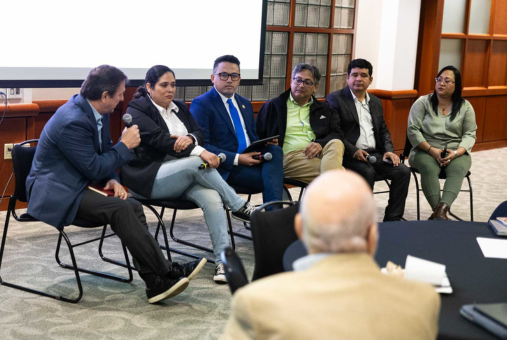
As systematic persecution by the Ortega-Murillo regime forces entire newsrooms to flee, exile has become a defining feature of Nicaraguan journalism. At the Ibero-American Colloquium on Digital Journalism, reporters shared their efforts to report, resist and stay safe.

Exiled journalists face stalled asylum cases and the end of humanitarian parole. Those sent back to Nicaragua or Venezuela would return to regimes openly hostile to press freedom.

Tercero promoted books and reading. Now press groups, who are demanding answers on two other jailed reporters, say her disappearance is a symbol of Nicaragua’s crackdown on free thought
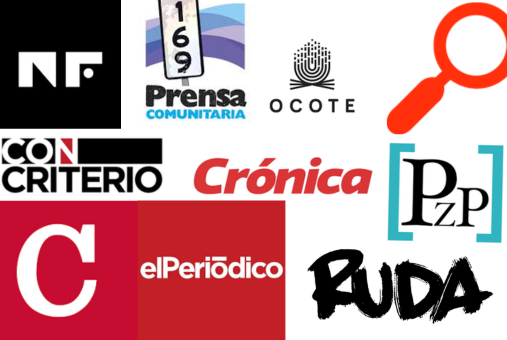
The Central American Independent Media Archive, founded by the son of imprisoned journalist José Rubén Zamora, seeks to ensure that journalism remains accessible in Central America despite persecution and censorship.